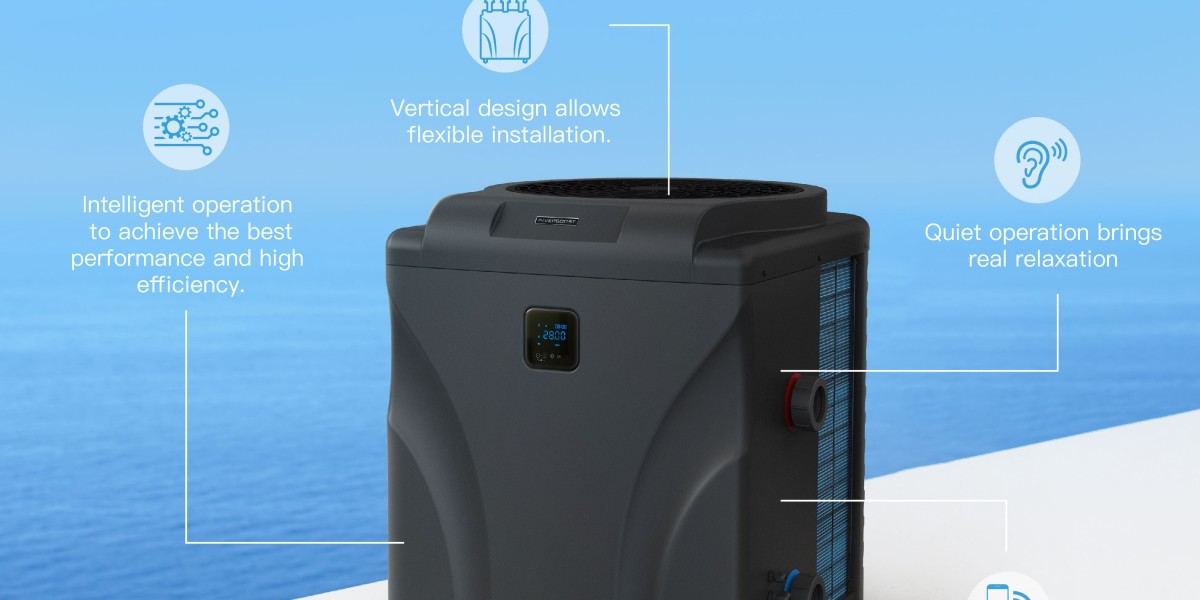Swimming is widely enjoyed as a recreational activity and esteemed as a competitive sport, providing a multitude of advantages for physical health and general wellness. When deciding where to swim, two prominent choices emerge: open water swimming and pool swimming. Each option presents distinct merits and drawbacks, tailored to individual preferences and objectives. This article delves into the advantages and disadvantages of both open water swimming and pool swimming, aiming to assist you in making an informed decision.
Open Water Swimming:
Open water swimming involves immersing oneself in natural bodies of water like lakes, rivers, and oceans. Below are several advantages and disadvantages associated with this invigorating style of swimming.
Pros:
1.Connection with Nature: Open water swimming presents a unique opportunity for individuals to establish a profound connection with nature. The serene surroundings and picturesque landscapes enhance the swimming experience, fostering a sense of tranquility and revitalization.
2.Variety and Challenge: In contrast to the structured environment of pool swimming, open water swimming offers a dynamic setting characterized by ever-changing currents, waves, and temperatures. This constant variability poses mental and physical challenges, resulting in a more captivating and adventurous experience.
3.Improved Technique: Engaging in open water swimming compels swimmers to adapt their techniques to the natural elements. This adaptation leads to improved overall swimming skills, as individuals learn to navigate diverse conditions and refine their body control.
4.Mental Health Benefits: Immersing oneself in nature and distancing from the daily hustle and bustle can have a profound positive impact on mental health. Open water swimming promotes relaxation, reduces stress levels, and enhances mood, contributing to overall well-being.
Cons:
1.Safety Concerns: Open water swimming introduces specific safety considerations due to potential hazards like strong currents, unpredictable weather conditions, and marine life. Swimmers need to possess knowledge of safety protocols and be adequately prepared to mitigate risks.
2.Limited Accessibility: Unlike pools, which are widely available in many locations, finding suitable open water swimming spots can prove more challenging, especially for individuals residing in landlocked areas or regions with limited access to natural water bodies.
3.Water Quality: The quality of water in certain open water locations may raise concerns due to pollution, bacteria, or algae blooms. Swimmers should remain vigilant regarding any potential health risks associated with their chosen swimming area and take necessary precautions.
4.Lack of Structure: Open water swimming lacks the structured environment provided by a pool. This may be a drawback for individuals who prefer a controlled and organized setting for their workouts or training sessions.
Pool Swimming:
Pool swimming involves the act of swimming in artificial pools, commonly located in fitness centers, recreational facilities, and private residences. Let's delve into the advantages and disadvantages of pool swimming, while also considering the inclusion of pool heat pump.
Pros:
1.Accessibility and Convenience: Pools are widely accessible and conveniently available, making them a convenient choice for regular swimming. Whether it's a local community pool or a private facility, finding a nearby pool is typically easy, enabling individuals to engage in consistent training or leisurely swims.
2.Controlled Environment: Pools provide a controlled swimming environment characterized by regulated water temperature, still water, and clearly marked lanes. This controlled setting is advantageous for swimmers who prefer a predictable and structured experience. Additionally, If you own a pool, it is highly advisable to give thoughtful consideration to the installation of apool heat pump, such as those offered by reputableheat pump manufacturers. A pool heat pump can significantly enhance your swimming experience by maintaining a comfortable water temperature throughout the year, allowing you to extend the swimming season and enjoy the benefits of your pool regardless of the weather conditions.
3.Competitive Advantage: Pool swimming is the preferred choice for competitive swimmers due to its standardized conditions. It enables precise timing, facilitates race training, and provides a platform for organized swimming competitions.
4.Training Variety: Pools offer a wide array of training tools and equipment, such as lane ropes, starting blocks, and timing systems. These resources enhance training sessions, allowing swimmers to focus on specific techniques, speed, and endurance.
5.Health and Safety: Pools provide a controlled and monitored environment, ensuring the safety and well-being of swimmers. Lifeguards and pool staff are often present to enforce safety measures and respond to emergencies promptly. Additionally, pool water undergoes regular testing and treatment to maintain proper sanitation levels, reducing the risk of waterborne illnesses. This focus on health and safety contributes to a worry-free swimming experience.
Cons:
1.Monotonous Environment: Swimming laps in a pool can occasionally become monotonous and repetitive, especially for individuals seeking a more diverse and engaging experience. The absence of natural surroundings and sensory stimulation may limit the overall enjoyment for some swimmers.
2.Chlorine Exposure: Pools necessitate the use of chlorine for water sanitation purposes. While essential, prolonged exposure to chlorine can potentially irritate the skin, eyes, and respiratory system. Swimmers should take precautions, such as rinsing off after swimming and wearing goggles, to minimize these effects.
3.Cost: Accessing certain pools, particularly private facilities, may require membership fees or payment of a daily entry fee. This cost can act as a deterrent for some individuals, especially those with limited budgets.
4.Limited Challenge: Pool swimming generally lacks the unpredictable elements and challenges found in open water swimming. Swimmers seeking a more adventurous and physically demanding experience may find pool swimming to be comparatively less exciting.
In summary, both open water swimming and pool swimming present distinctive advantages and considerations. Open water swimming allows for a connection with nature, offers challenges, and promotes mental well-being. On the other hand, pool swimming provides accessibility, controlled conditions, and competitive advantages, further enhanced by the inclusion of pool heat pumps that ensure a comfortable swimming environment. The choice between the two depends on individual preferences, safety considerations, training objectives, and the availability of suitable swimming locations. Regardless of the chosen option, swimming is an excellent way to stay active, improve fitness, and delight in the water. So, take the plunge and embrace the joy of swimming, whether it's in open water or within the comforting confines of a pool equipped with a reliable pool heat pump from trustedair to water heat pump manufacturers.









